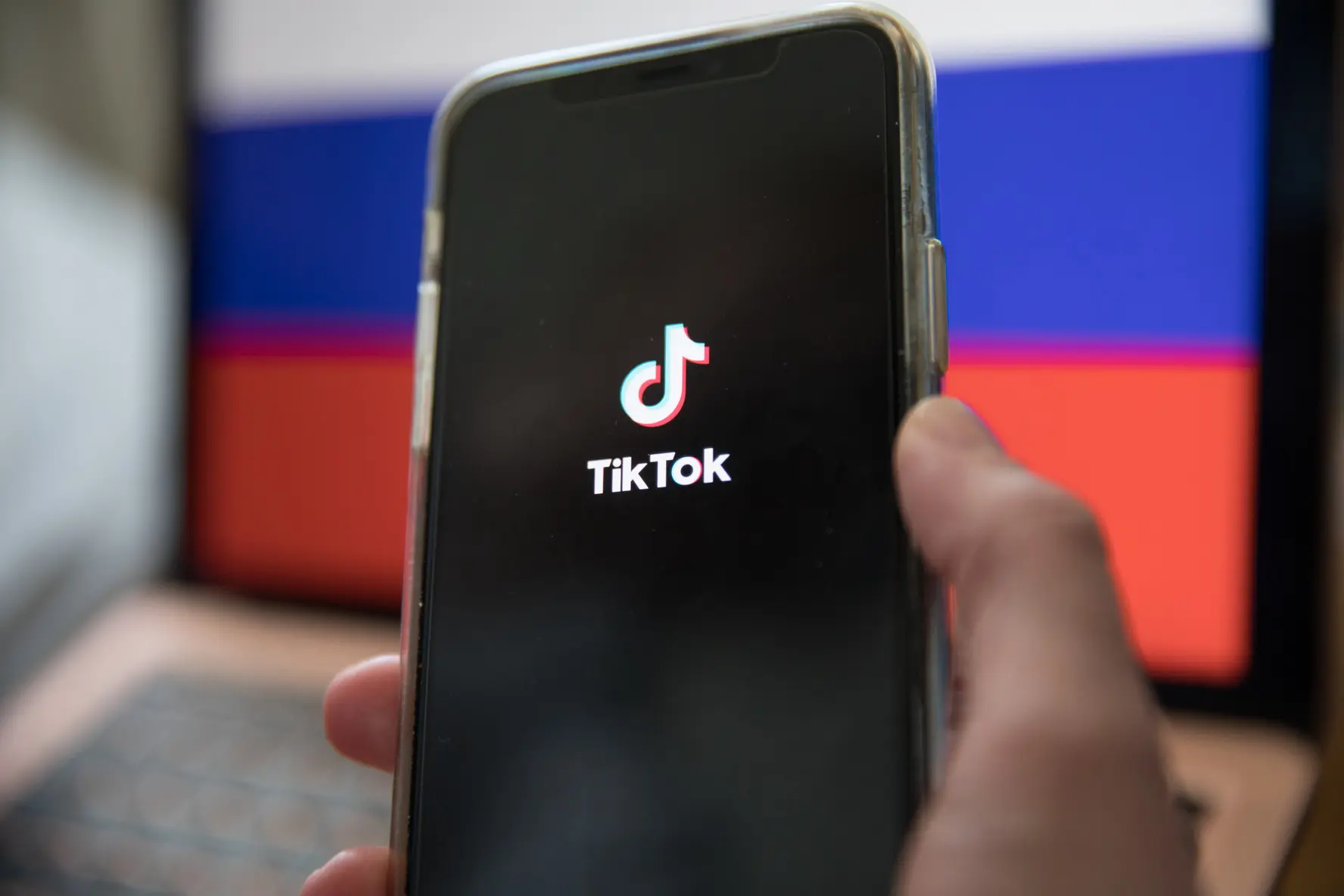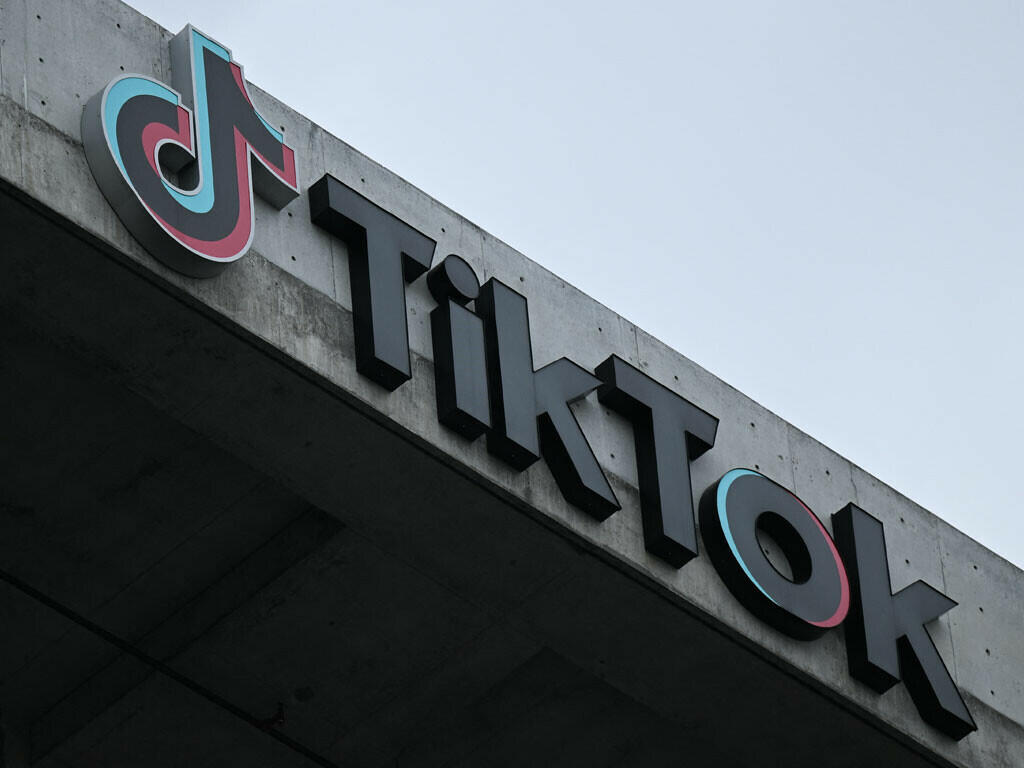Russia imposed a fine on TikTok for failing to remove prohibited content. Meanwhile, in Romania, the results of a presidential election were invalidated due to concerns that the app had been used to spread foreign influence.
In Albania, TikTok was banned for a year following the fatal stabbing of a teenager, reportedly after an online quarrel between two youths escalated.
“Either TikTok protects the children of Albania, or Albania will protect its children from TikTok,” Albanian Prime Minister Edi Rama declared on X. All of this occurred within the last month.
In the United States, where roughly 150 million people use TikTok, the app and its Chinese parent company, ByteDance, are now petitioning the Supreme Court to overturn a law that could force the app to either be sold or banned.
TikTok has been the subject of legal and political scrutiny worldwide, facing full or partial bans in at least 20 countries. Governments are increasingly alarmed by its ties to China and its extensive influence, especially on younger audiences.
Despite the mounting criticism, TikTok continues to thrive globally, with over a billion monthly users.
TikTok’s success stems from its proprietary algorithm, which generates an endless stream of short videos tailored to keep users engaged.
ByteDance introduced this technology in 2016 with Douyin, TikTok’s sister app, which is one of China’s most popular apps and a significant revenue driver for the company. ByteDance recognized its international potential and launched TikTok in 2017.
However, the app’s rapid growth and influential algorithm have raised alarms among lawmakers worldwide. Once seen as a platform for lighthearted content like dance trends and cat videos, TikTok is now perceived as a potentially disruptive force in social, political, and economic contexts.
Lawmakers from Montana to New Zealand have expressed concerns that TikTok could incite violence, disseminate false information, and harm mental health.
Some also fear that the app could share user data, such as location and browsing history, with the Chinese government. “Young people need to be protected from the frightening pitfalls of the algorithm,” said Mr. Rama, Albania’s prime minister.
TikTok, however, argues that these concerns are exaggerated. In a statement, the company emphasized its dedicated teams working to counter influence operations and claimed its algorithm maintains “content neutrality” by ranking content based on user interest.
TikTok has also highlighted that ByteDance is primarily owned by global investors, but the Chinese government retains the authority to oppose any sale of the company.
TikTok’s journey has become a lesson for other Chinese companies seeking to expand internationally. The app has shown that Chinese innovations in entertainment can succeed overseas but has also prompted backlash against Chinese platforms like Shein and Temu.

“It feels like every Chinese entrepreneur needs a political science or international relations degree to navigate their future now,” said Kevin Xu, founder of the U.S.-based hedge fund Interconnected Capital, which invests in artificial intelligence.
While companies like Meta and Google face global scrutiny, TikTok’s situation is unique. “Being U.S. companies, they do not face the mistrust that TikTok has faced in the eyes of politicians and regulators in the West,” said Jianggan Li, CEO of the Singapore-based consultancy Momentum Works.
How Governments Have Targeted TikTok
Total Ban: India and Nepal
A ban in the United States could deprive TikTok of one of its largest markets. However, the app has already experienced losing its biggest audience. In 2020, India banned TikTok following a geopolitical clash with China.
The app was removed from app stores, and its website was blocked, leaving creators to rebuild their platforms elsewhere. Local alternatives emerged, but U.S. tech giants like YouTube and Instagram gained the most, now boasting twice as many users in India as in the U.S.
Nepal followed suit, taking TikTok offline for nearly a year over its refusal to moderate content deemed hate speech by the government. The ban was reversed in August after K.P. Sharma Oli became Nepal’s prime minister for the fourth time.
Fines and Local Partnerships: Russia and Indonesia
Russia has repeatedly fined TikTok for failing to comply with censorship rules on topics such as gender, feminism, and sexuality. Recent fines amounted to $90,000.
In Indonesia, TikTok faced challenges with its online shopping business, a significant revenue source.
After the government passed a law in 2023, TikTok Shop was shut down temporarily and only allowed to resume after merging with Indonesia’s largest e-commerce company, Tokopedia. Despite setbacks for shop owners, TikTok gained access to an extensive logistics network across Indonesia’s 17,000 islands.
Limited Access: Taiwan, Britain, Canada, and Others
Some governments have sought a middle ground between addressing security concerns and preserving free expression.
Taiwan banned TikTok on government devices in 2019 but refrained from a total ban to uphold public debate. Similar restrictions exist in Britain, Australia, France, and the European Union’s executive arm.
In Canada, TikTok was already prohibited on government devices when authorities ordered the app to close its offices in November, citing national security risks. TikTok has since challenged this order in Canadian courts.
As governments worldwide wrestle with the app’s influence, TikTok continues to navigate its way through unprecedented legal and political challenges.











































